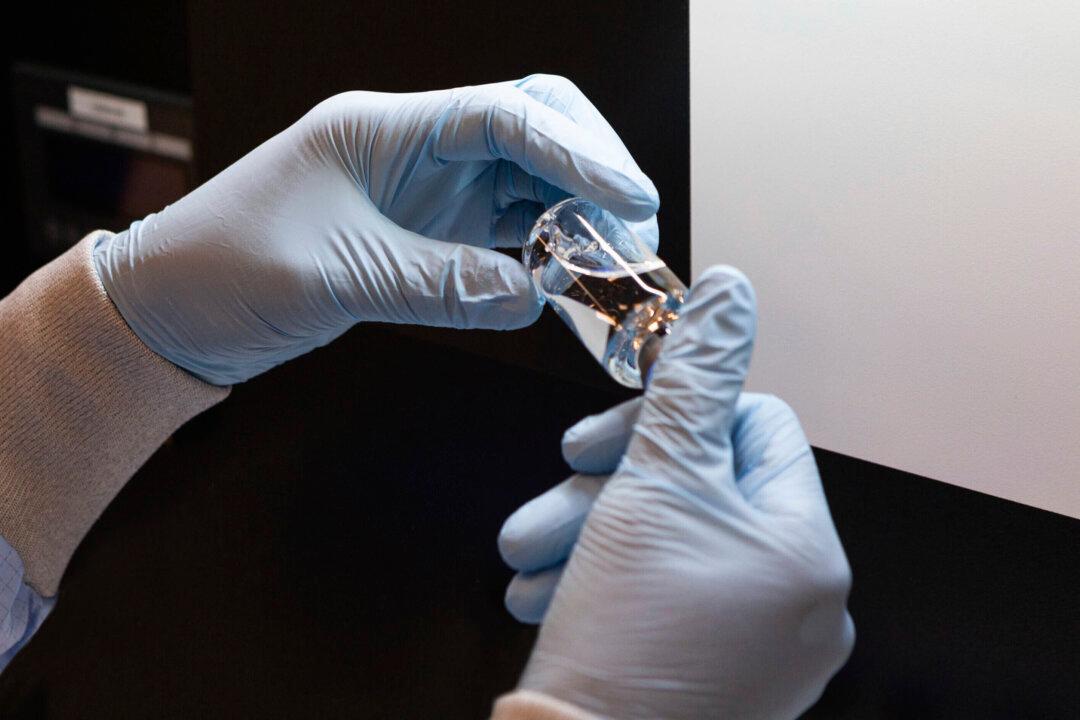An antiviral drug tested against COVID-19 in patients in China did not quicken their improvement or prevent death, according to results briefly posted online on Thursday.
Remdesivir, developed by Gilead Sciences, is an experimental drug that some experts are optimistic can prove effective against COVID-19, a disease caused by the CCP (Chinese Communist Party) virus, a novel coronavirus.





